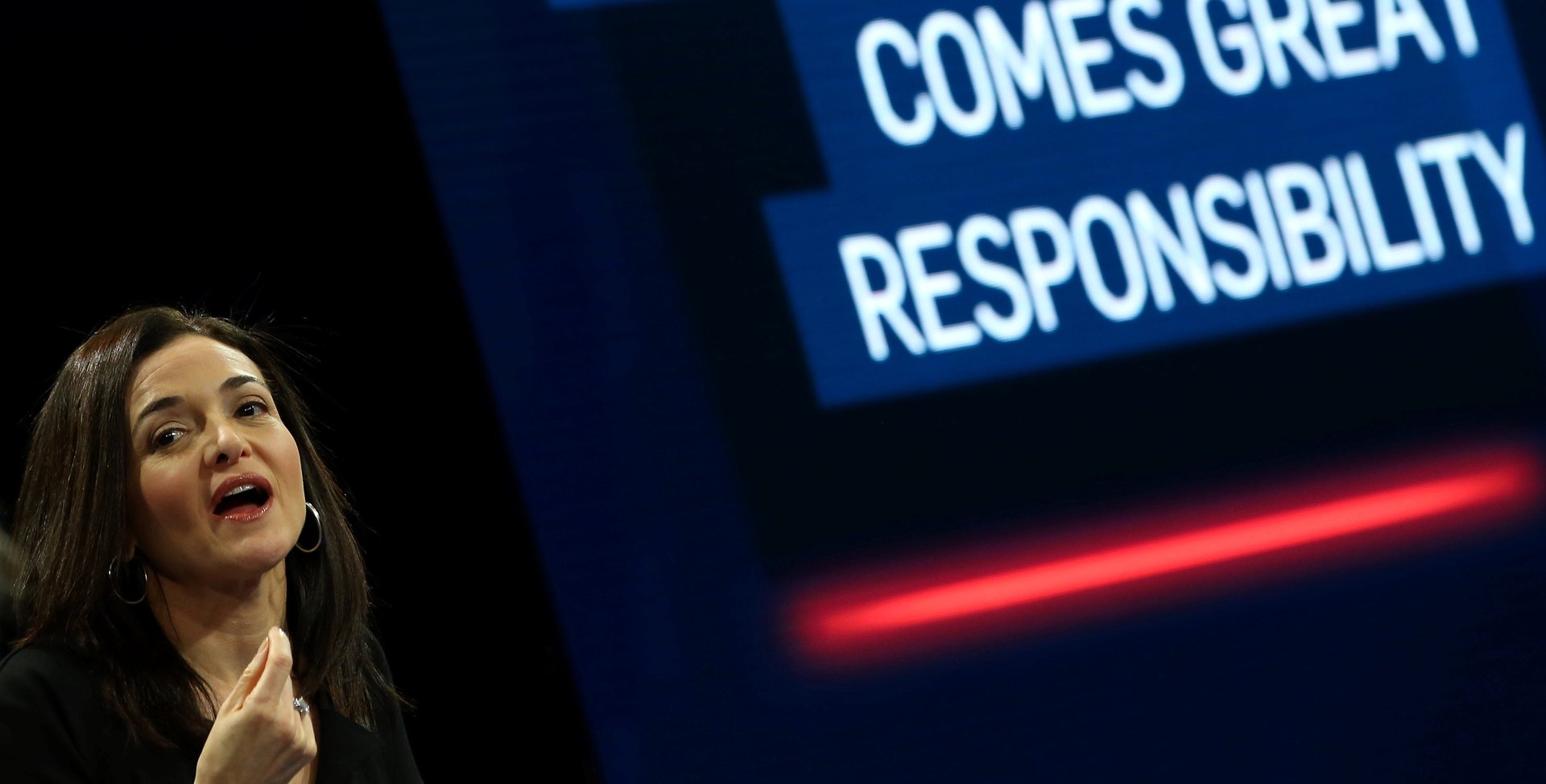McNamee on Facebook: “They’re going to drive this thing into the ground”
Roger McNamee, an early investor in Facebook and former mentor to Mark Zuckerberg, has been experiencing a few “WTF moments,” he says, watching the social media company respond to the Cambridge Analytica scandal.


Roger McNamee, an early investor in Facebook and former mentor to Mark Zuckerberg, has been experiencing a few “WTF moments,” he says, watching the social media company respond to the Cambridge Analytica scandal.
In recent days, the public has learned that the UK-based research firm purchased data on 50 million Facebook users from an academic who had obtained the data legally, but sold it in violation of Facebook policies. It now stands charged with using the data to interfere in the US 2016 election.
Importantly, Facebook’s executives apparently were aware that its users’ privacy had been compromised in 2015, but did not kick the transgressor off the site until it discovered that The New York Times and the Guardian were about to publish an expose on the debacle.
Long before the story broke, McNamee, a noted venture capitalist and co-founder of Elevation Partners, had been publicly calling on Facebook to change its business model and architecture because other bad actors looked to be “exploiting an unguarded platform.” He says that after attempting to engage with Facebook executives privately in 2016, asking them to look at the site’s role in the US election, Brexit, and other issues, and being ignored, he took his campaign public, writing op-eds and joining forces with others to name specific steps Facebook could take to safeguard its users and support democracy itself.
After playing a role in the uncovering of Russia’s meddling in the US elections, he’s not surprised by the news about Cambridge. What leaves him “completely baffled,” he tells Quartz, is Facebook’s lack of an appropriate response.
It is unreal to him that representatives of Facebook have continued to argue it is merely a platform, not responsible for third-party content on its site. He is disappointed that Facebook CEO Mark Zuckerberg and COO Sheryl Sandberg have stonewalled him. And when he heard that Zuckerberg and Sandberg had not attended an employee meeting yesterday at the firm, it was, he says, it was a true WTF moment.
McNamee was one of many Zuckerberg’s mentors, working with him from 2006 to 2009, when the company claimed about 100 million users, and before it adopted its current business model. “Seven years earlier, he was more curious, he was more open, he was more willing to take pushback,” says McNamee. (Back in 2007, Zuckerberg offered an apology for new Facebook technology that invaded users’ privacy.)
Now he’s expecting user rates will continue to decline, and that they’ll be down a lot next quarter. He’s doing his part to make sure of that by encouraging people to delete the app, in solidarity with others circulating the #DeleteFacebook hashtag on Twitter. Already, Facebook has seen declining stock prices and a 10.5% drop in its market value this week, after years of staggering growth.
“This is the most astonishing, disappointing, emotionally draining realization,” McNamee says. “Wow, they’re going to drive this thing into the ground. Do they think their customers are going to put up with this forever?”
When McNamee worked with Facebook, the platform was too small to have the kind of impact that would have prompted a discussion about the company’s social responsibility, he says. Then came the site’s explosive growth, against a backdrop of a shift in Silicon Valley values. Where once there was a “scarcity of technology and resources, processing power and energy,” there was suddenly a surplus. “And the libertarian value system went into overdrive,” says McNamee, a self-professed “hippie.” Companies with “sociopathic” business plans wanted maximum scale in minimum time, and regulations became the enemy, a problem that could cause “friction,” he says.
If that’s been the prevailing view at Facebook, then the company may not be different from other successful tech firms in that way. Still, Zuckerberg at least has paid lip service to the higher calling of creating a more connected world, while his COO has made social consciousness—and notably gender equality and the fair treatment of employees—a significant feature of her personal brand. It was Sandberg, McNamee says, who introduced him to Bono, the U2 singer and human rights activist, who became a co-founder in Elevation Partners. “I always thought of her as being front and center of this stuff,” says McNamee, who is himself a musician, the frontman in a Grateful Dead-like band.
The disconnects McNamee sees between Facebook’s messaging and its actions, and between the Sandberg and Zuckerberg he knew as friends and the people he has seen today, are inexplicable to him.
“It makes you think there’s something worse back there,” he says, adding, “I can’t imagine there’s something worse than being an inadvertent partner to people who interfered in the election. What’s worse than that?”
Update: On March 21, shortly after this story was published, Mark Zuckerberg issued a statement on Facebook outlining the company’s response to the Cambridge Analytica crisis.